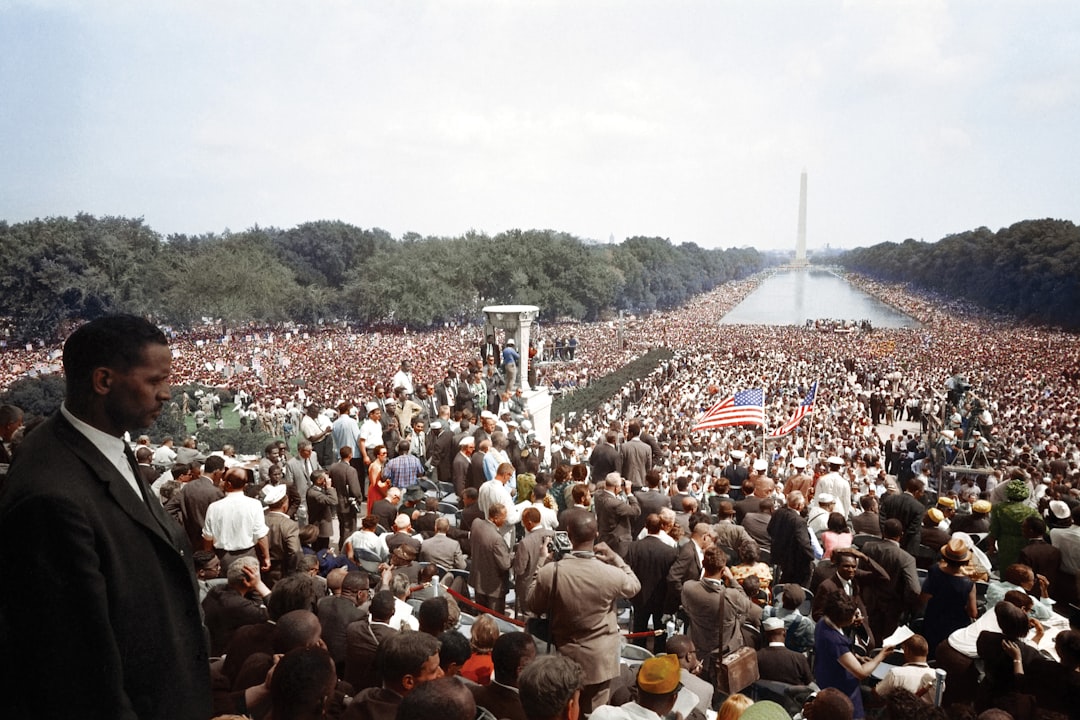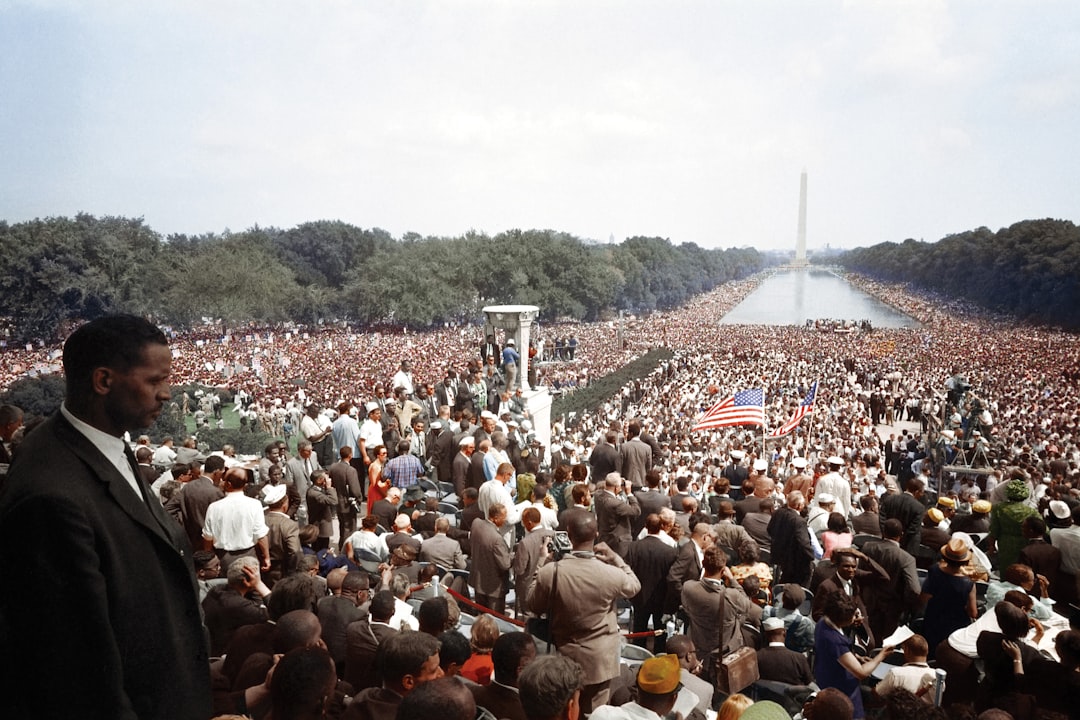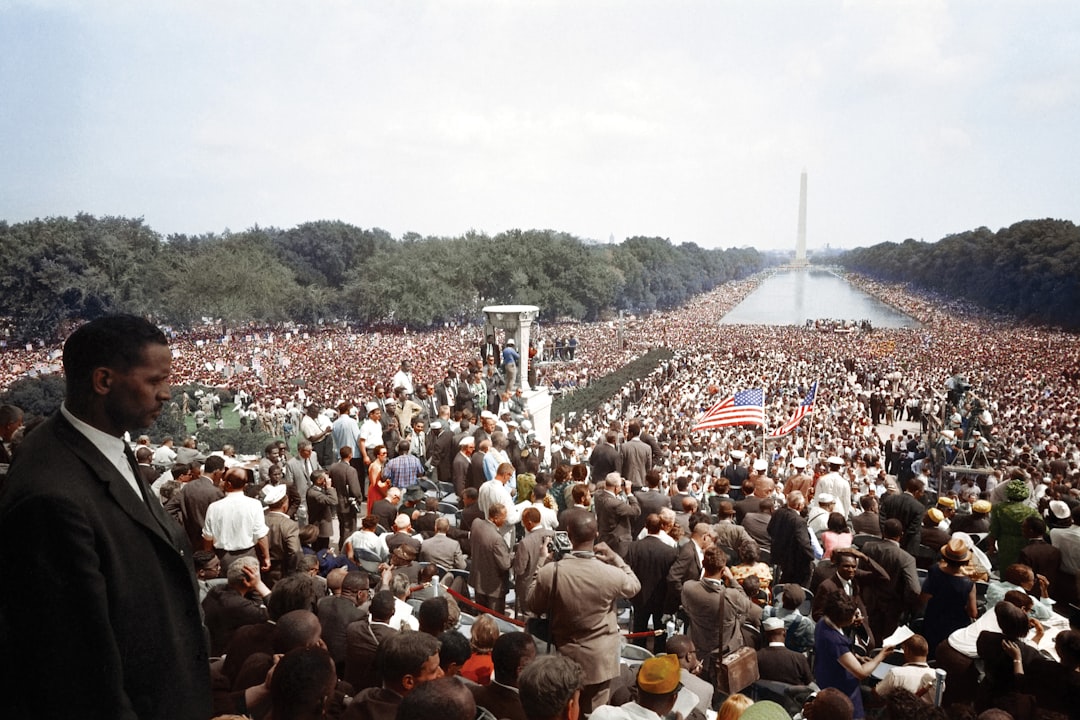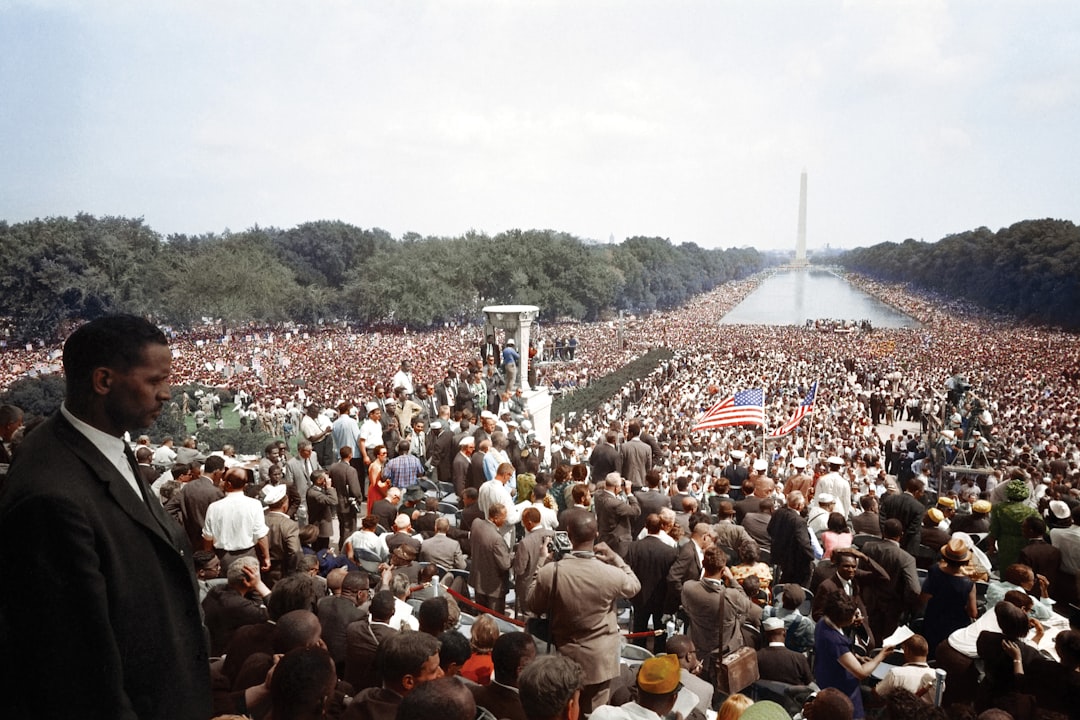In Washington, D.C., the Federal Communications Commission (FCC) and Federal Trade Commission (FTC) collaborate to protect residents from intrusive telemarketing through strict regulations and the National Do Not Call Registry. Businesses must obtain explicit consent before marketing calls and respect consumer opt-out choices or face penalties. Do Not Call Lawyers DC assist consumers in registering on the registry, providing legal counsel on violations, and ensuring businesses comply with federal and local guidelines to protect resident privacy.
In Washington, D.C., telemarketing practices are tightly regulated to protect consumers from unwanted calls. This article delves into the crucial roles played by the Federal Communications Commission (FCC) and the Federal Trade Commission (FTC) in enforcing these regulations. We explore how these agencies collaborate to maintain Do Not Call lists, ensure compliance, and provide legal recourse for violations. Understanding these dynamics is essential for both consumers seeking protection and businesses aiming to adhere to DC’s stringent telemarketing laws.
Understanding Telemarketing Regulations in Washington, D.C.

In Washington, D.C., telemarketing regulations are governed by both the Federal Communications Commission (FCC) and the Federal Trade Commission (FTC), ensuring compliance with federal laws and protecting residents from unsolicited calls. These agencies work collaboratively to enforce rules that include Do Not Call Lists, consumer consent requirements, and restrictions on certain telemarketing practices. Understanding these regulations is crucial for businesses engaging in telemarketing activities within the city limits.
The Do Not Call Lawyers DC play a vital role in this process by assisting consumers in registering their phone numbers on the National Do Not Call Registry and providing legal advice on handling violations. Businesses must adhere to strict guidelines, such as obtaining explicit consent before making marketing calls and respecting consumer choices to opt-out of future communications. Failure to comply can result in significant penalties, emphasizing the need for businesses to stay informed and act responsibly.
The Federal Communications Commission (FCC): Its Role and Responsibilities

The Federal Communications Commission (FCC) is a key player in regulating telecommunications and broadcasting across the United States, including Washington, D.C. With its broad mandate, the FCC oversees various aspects of communication technologies, from wireless services to broadband internet access. In the context of telemarketing, the FCC enforces rules designed to protect consumers from unwanted sales calls, ensuring compliance with the National Do Not Call Registry and related regulations. This involves monitoring and investigating complaints, issuing fines for violators, and promoting best practices among telemarketers to safeguard consumer privacy and rights.
In Washington, D.C., where many telecommunications companies are based, the FCC’s presence is vital. It collaborates closely with local authorities and Do Not Call lawyers in DC to ensure that businesses adhere to federal and state-level telemarketing guidelines. By striking a balance between fostering innovation in the telecom sector and safeguarding consumer rights, the FCC plays a crucial role in maintaining a fair and transparent business environment for both companies and consumers alike.
The Federal Trade Commission (FTC): Safeguarding Consumers from Unwanted Calls

The Federal Trade Commission (FTC) plays a pivotal role in protecting consumers from intrusive telemarketing practices, especially in Washington, D.C., where regulatory enforcement is crucial. With the widespread use of automated phone systems and live agents making unsolicited calls, the FTC has established comprehensive rules to safeguard individuals’ privacy and reduce consumer frustration. These regulations are designed to prevent illegal telemarketing tactics, ensuring that businesses operate ethically and with transparency.
One key initiative involves the Do Not Call Registry, a powerful tool for consumers in Washington, D.C., who wish to curb unwanted calls. By registering their phone numbers, residents can limit marketing calls from various sources. The FTC strictly enforces these rules, imposing penalties on violators, including Do Not Call Lawyers DC. This enforcement not only discourages abusive telemarketing but also educates businesses about the importance of respecting consumer choices and preferences.
Enforcing the Do Not Call Lists: FCC and FTC Collaboration

The Federal Communications Commission (FCC) and the Federal Trade Commission (FTC) work collaboratively to enforce telemarketing rules, including those regarding Do Not Call lists in Washington, D.C. Both agencies play pivotal roles in protecting consumers from unwanted phone calls by enforcing laws that allow individuals to register their numbers on national “Do Not Call” registries.
Do Not Call lawyers DC often assist clients in navigating these regulatory frameworks. The FCC and FTC coordinate efforts to monitor and investigate telemarketers, imposing penalties on violators. This joint endeavor ensures a comprehensive approach to curtailing abusive telemarketing practices, providing relief to residents of Washington, D.C., who wish to enjoy peace and quiet in their homes without unwanted sales pitches.
Legal Implications for Violations: What to Expect as a Consumer

When it comes to telemarketing practices, both the Federal Communications Commission (FCC) and the Federal Trade Commission (FTC) play pivotal roles in protecting consumers in Washington, D.C. and beyond. These agencies enforce rules designed to prevent aggressive or deceptive sales calls, ensuring businesses adhere to ethical standards. If a company violates these regulations, consumers have legal recourse.
For those who find themselves on the receiving end of unwanted telemarketing calls, understanding the implications is crucial. Do Not Call lawyers in DC can provide guidance and support. Consumers may file complaints with the FCC or FTC, which can lead to investigations and potential penalties for violators. These actions serve as deterrents, encouraging businesses to respect consumer privacy and preferences.






